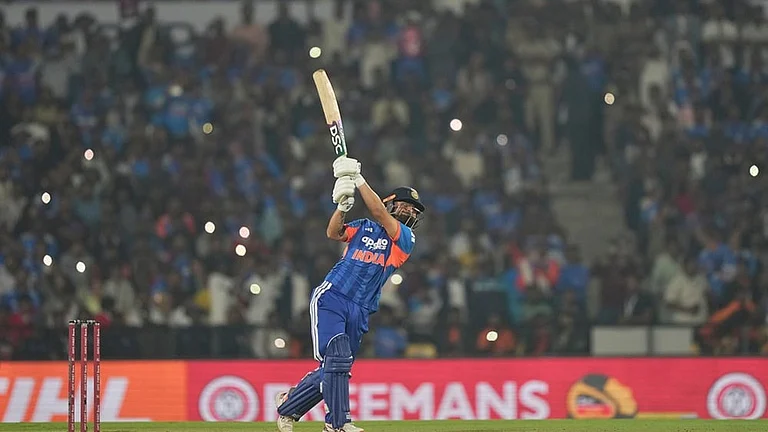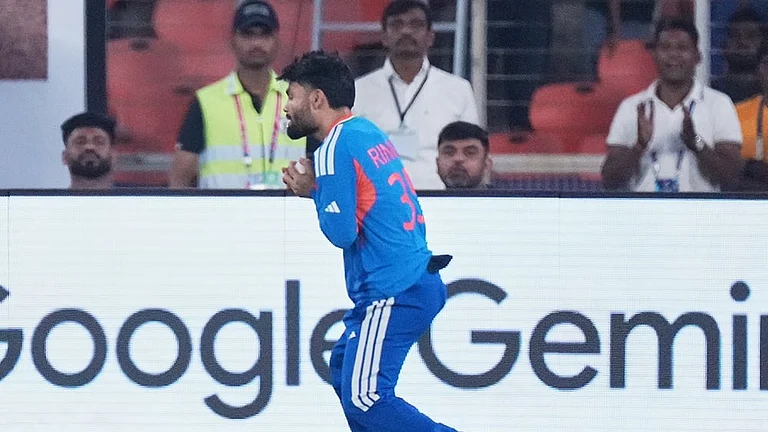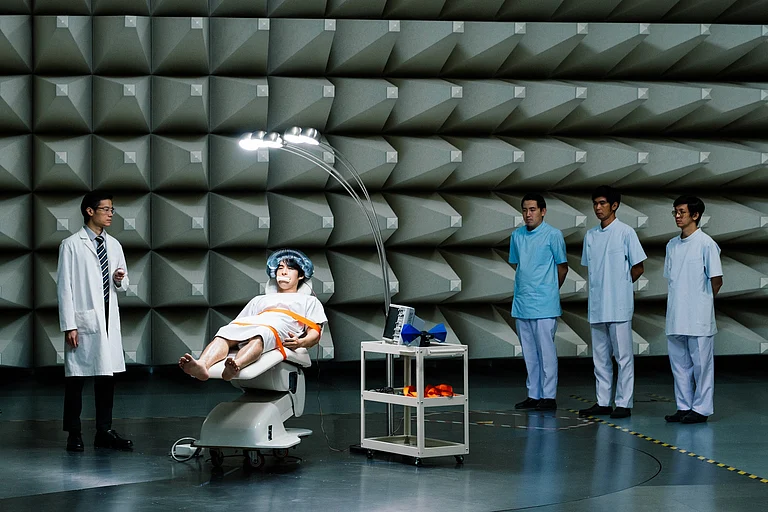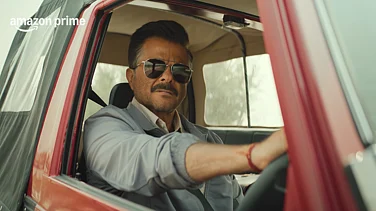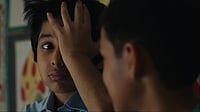Within the first twenty minutes of Yuiga Danzuka’s debut Brand New Landscape, you realize you’re encountering something special—a marvel of emotional pointillism, actors conveying entire untold histories, complemented with novel visual focus. It’s cinema of austerity which Danzuka wields, burrowing deep into what people conceal, the heaviness of memory.
Hajime (Ken’ichi Endô) often clashes with his wife Yumiko (Haruka Igawa) over his persistent absence in the family. He’s barely around with their kids, the 12-year-old son Ren and 18-year-old daughter Emi. He keeps citing work, the need to frequently go abroad so he can build a successful career. Yumiko insists she doesn’t want them to be richer than they are. Even on the trip that opens the film—the three days he’s promised he’d be with them—he now informs his wife he has to leave. The camera frames her, face turned away from Hajime, gaze downcast. “Surviving in architecture is not easy,” he pleads. She once had a job, she should understand, he adds. Defeated, worn-out with his excuses, she allows him to leave the next morning. Even that doesn’t resolve it for him. He asks if he could go away that night itself, after kids go to bed.
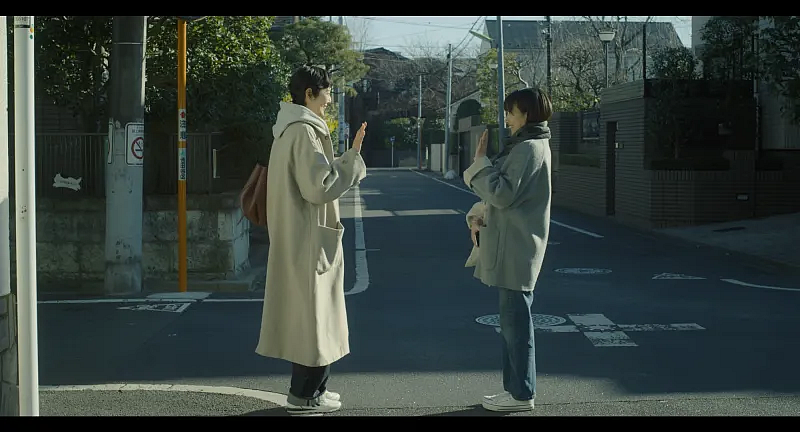
It's the final nail. It’s implied that Yumiko dies by suicide that weekend itself. Cut to 10 and a half years later. Ren (Kodai Kurosaki) works as a florist, delivering fancy orchids to high-end clients. Emi (Mai Kiryu) is caught in knots over her relationship with her fiancé. Danzuka, only 26, displays calm maturity in refracting the tale through ever-tilting perspectives. The storytelling is measured, the framing composed and tranquil. Spare notes of music seldom accentuate this lean, angular drama.
By turns light, limber and piercing, Brand New Landscape could well have taken the oft-trodden routes. Danzuka makes a great case for the art of telling—the ‘how’ of it that supersedes possibly familiar contents of the tale itself. Along with his cinematographer Koichi Furuya, Danzuka trains you to look through unexpected slants at a prism of emotionally delicate territory. Ellipsis is key, as are Danzuka’s searching, pensive observations on a Tokyo-in-churn. There’s a complete fray between the father and the children. He himself confesses he’s long-lost rights over them when he left them and went abroad right after Yumiko’s third death anniversary. He says his kids are things of his past, but undercurrents of guilt streak through his new relationships. Neither does he seem to have learnt from his mistakes, still always sunk in work, heedless to everything and everyone else. In a faintly hopeful, achingly tender performance, Endô is immense; he’s a man lost in the past despite his insistence against it.

Emi talks of her brother as “always being on the go”. She says she doesn’t care at all about her father, has no desire in catching up with him and rebuilding ties. But it’s intensely clear her wounds are still fresh. Her demonstration of disinterest masks bitterness and grief that haven’t been processed. It haunts every decision she makes, specially how she looks at things with her fiancé. She’s moving in with him but there’s a gnawing feeling from a single scene alone with him that this might be headed for disaster. Emi is averting deep-set waves of loss, which only pushes her into a slough of rushed choices. She does have a crease of doubts but represses it. She’s displeased with Ren’s efforts at wanting to regroup with her father in some way.
One of the film’s best scenes arrives when Ren meets his father for the first time in many years. The latter is back in Tokyo overseeing a new project. The father is now a major landscape architect. Ren had noticed him at his firm where he has a delivery. The first time their glances collide, the father and son don’t come closer. The next time, as the two stand face to face, it’s a moment that assembles its power in Kurosaki’s quick-flitting expressions. After a spell of silence—not really knowing what he could say without being hurtful and cold—all the father asks is whether the son has money. Kurosaki’s mien darts from amusement to pure disgust and rage. “You don’t get it,” Ren finally erupts, a façade of civility blown apart.
In latter stretches, Danzuga pulls a breathtaking sleight-of-hand, a magical twist just casually dropping on a mundane dinner. Something crashes from the ceiling. No one in the restaurant but the family takes notice. It’s a clever harking of a wildly unexpected person who joins them at the table. To reveal more would be to spoil the scene’s singular awe.
Brand New Landscape navigates the city as central to characters and vice versa. There’s the young wrestling with alienation, fast-accelerating change, the old denying responsibility. At his firm, Hajime confronts unease when he takes on a redevelopment project that’s said to displace the poor and render them homeless. Hajime asserts he needs projects like this to pay salaries. The authorities can manage the rehabilitation. He skirts any onus. It's a state of flux wherein Danzuga’s characters seek to mine meaning, a vulnerable anchor. Brand New Landscape distils emotional tussle in measured strokes, each tiny gesture rich with the unsaid. It’s immeasurably moving—a soft embrace of a film.
Brand New Landscape premiered in Directors’ Fortnight at Cannes 2025.





